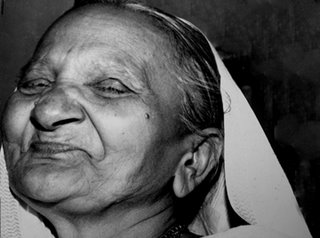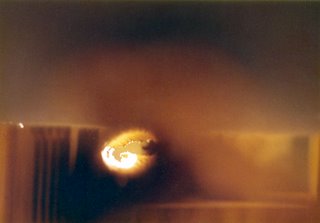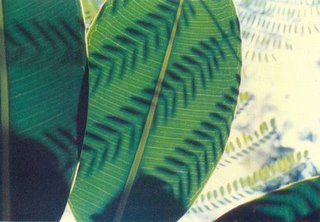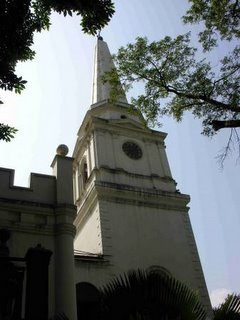The word 'life' in its various translations and dialects and meanings is known only to us, mankind, as far as we know, in the whole universe. The other forms of life that we know, that we co-exist with, plants and animals, do not know the word in any language or dialect. They do not know that they were born, that they exist, and that they would perish.
At seven billion-plus, does it make us lonely? Mostly, honestly, no: because most of human life and experience is devoid of loneliness and purposelessness in the vastness of the universe, with no reference point of any permanence. For some, the caprice is unbearable, and doubly so because the sense of futility of this irrelevant, indeterminate, uncontrolled exercise springs from knowledge. But then, knowledge is held, at least ostensibly, in high esteem, and therefore should be rewarding, and not flagellating. Interestingly, perhaps, respect for knowledge is only hypothetical and unreal. Most people wilfully or unconsciously externalise it, and go about the business of living, incurious, unquesting. (See also my poem
Knowledge.)
One of the more cardinal things that we retained when the process of evolution brought us about as conscious beings was herd mentality from our animal forebears. I do because somebody does, who does because somebody else does, who does because I do, and so on, the act of living. (see also my poem
At the Airport.)




